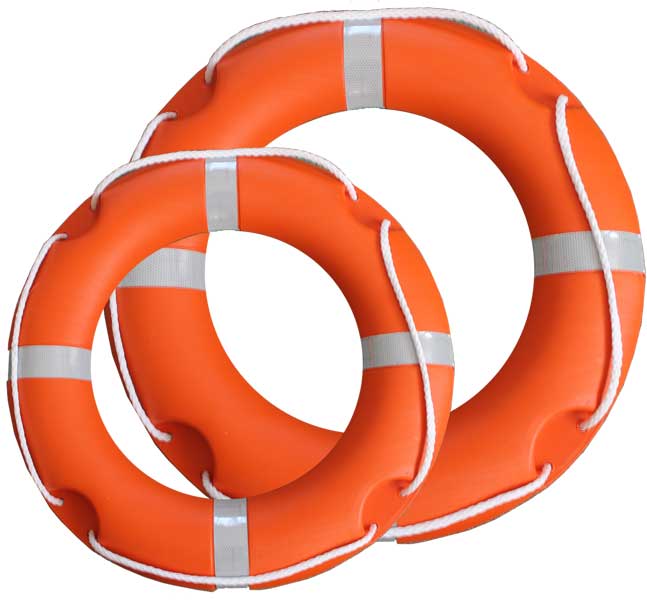Water Safety Ireland is concerned that cold water, a factor in almost five drownings every fortnight, will put lives at risk this May Bank Holiday weekend. On average, five people drown in Ireland every fortnight (127 every year) and cold water is a factor in many of these drownings. The shock of cold water immersion and the onset of hypothermia are two factors that will put people at risk when visiting coastlines and inland waterways. The dangers of cold water immersion: When cold water makes contact with your skin, the cold shock response causes an immediate loss of breathing control, possible dizziness and panic. This dramatically increases the risk of sudden drowning even if the water is calm and you know how to swim. For those who survive this but are unable to get out of the water, progressive body cooling leads to hypothermia and muscle cooling, making swimming more difficult or impossible. Children cool even faster than adults because they are smaller and have less fat.
What to do if you fall in to cold water: Avoid swimming, stay calm and relax. Float or tread water and if possible get as much of your body out of the water because you will always cool faster in water than in air. Wearing a lifejacket with a crotch strap will enable you to lessen heat escape by keeping your legs together and elbows by your side. People have a responsibility to themselves and family to stay safe around water by knowing the dangers and learning from previous situations that have led to tragic drownings: ·
Swimmers should swim parallel and close to the shore and be aware that water temperature, (11°C coastal, 11°C inland) is still too cold for extended swims.
Wear a wetsuit and “Swim within your depth and stay within your depth”. ·
Always wear a lifejacket when on water and when angling from shore.
Ensure that it properly maintained and has a correctly fitted crotch strap. ·
Shore walkers should stay away from the edge and beach walkers should remain vigilant to the risk of being stranded by incoming tides. ·
Ensure that you are fully trained and competent for your aquatic activity. Find training providers at www.safetyzone.ie ·
Children require constant uninterrupted supervision near water. Parents of primary school children should check if local schools are teaching the classroom based water safety curriculum to children, all available at http://www.iws.ie/education/paws.2925.html ·
Alcohol should be avoided before or during any aquatic activity. On average, a third of drowning victims had consumed alcohol. ·
In an emergency call 112 and ask for the Coast Guard. Always call early. The dangers of a new moon on Saturday 4th May: A New moon on Saturday will cause spring tides. Strong rip currents will create a higher risk than usual for swimmers. The tidal streams will run very strong, posing a risk to those boating, angling, yachting, canoeing and any other water related leisure activities on the coast. Stranding will also be a risk for many walkers as the lower tide will expose even greater areas of the coastline. Parents should be particularly alert to providing constant uninterrupted supervision as Lifeguards will not be on duty at local authority beaches over the Holiday weekend. Those going afloat should carry a portable Marine VHF and/or a personal locator beacon and walkers should carry a mobile phone to call 112 in an emergency.


